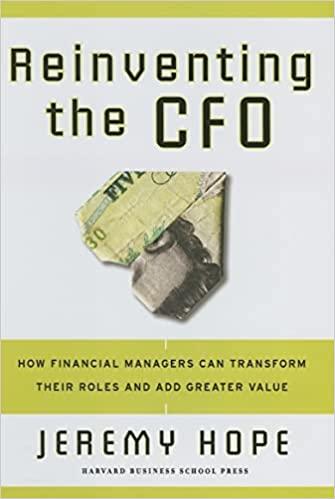Question
The following is a quote from the WSJ: Issuers selling commercial mortgage-backed securities (CMB securities) use the Treasury market to hedge against interest rate swings.
The following is a quote from the WSJ:
Issuers selling commercial mortgage-backed securities (CMB securities) use the Treasury market to hedge against interest rate swings. [CMB securities are typically priced at a spread to LIBOR]. Once the CMB deals are priced, the hedges are unwound, which typically pushes prices [of Treasury bonds] higher.
NOTE: Unwinding a hedge simply means closing out a hedge. The way this is typically accomplished is to take the opposite position of the initial hedge. For example, if you buy a bond as a hedge, you would later short that bond to unwind your position. One long + one short of the same bond = 0 position in that security.
2a. Given the above quote, are issuers of CMB securities buying or shorting Treasury bonds to implement their hedges?
2b. When these issuers of CMB securities unwind their hedges, why do prices of Treasury bonds go up?
2c. If prices of Treasury bonds go up when issuers of CMB securities unwind their hedges, what happens to YTMs on these Treasury bonds?
2d. What specific type of risk do CMB securities issuers face when they use Treasury bonds to hedge their securities?
Step by Step Solution
There are 3 Steps involved in it
Step: 1

Get Instant Access to Expert-Tailored Solutions
See step-by-step solutions with expert insights and AI powered tools for academic success
Step: 2

Step: 3

Ace Your Homework with AI
Get the answers you need in no time with our AI-driven, step-by-step assistance
Get Started


